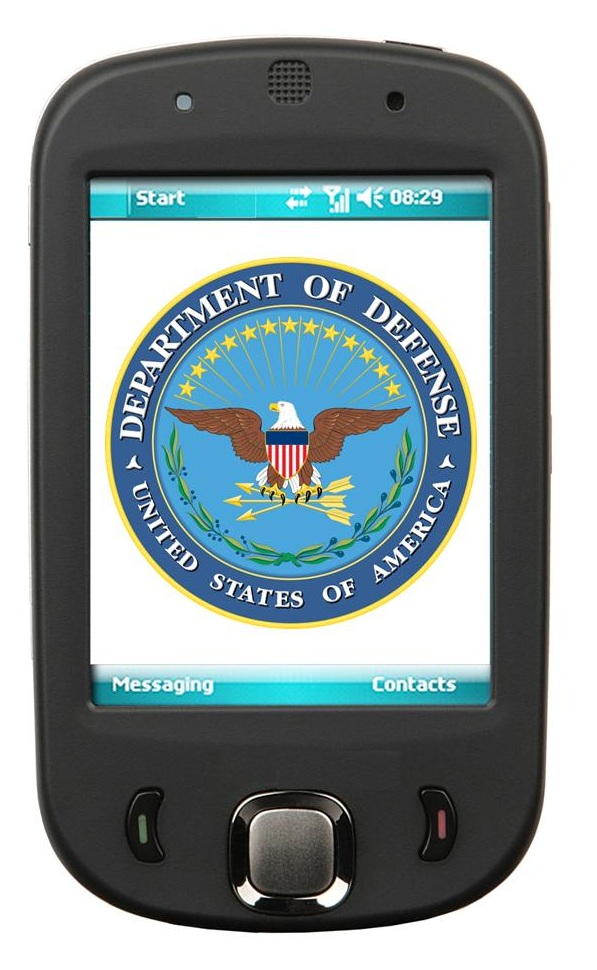This new deal between the two companies will add protection that will be pre-installed on smartphones and tablets.
AVG Technologies has now announced that it has entered into a global partnership with ZTE, a top telecommunications network, equipment, and mobile devices company, in order to pre-install its mobile security protection on those gadgets.
This partnership will pre-install AVG’s flagship antivirus app onto ZTE smartphones and tablets.
AVG’s mobile security app already has a massive number of users, on top of the millions who use its antivirus products to protect their PCs. This new partnership could give it the strength to keep it firmly in place among the device protection leaders around the world. The product that will be pre-installed on the ZTE devices will be AVG AntiVirus PRO for Android ™. App developers greatly covet the opportunity to have their applications pre-installed on devices, as the majority of consumers will stick with the software that came with their gadgts.
This will mean that a larger number of consumers will automatically have AVG mobile security.
 According to ZTE business manager, Wang Xuemei, “For many of us, our smartphones have become the primary device that we spend most time with, but ensuring mobile security can sometimes be an afterthought.” She went on to explain that ZTE customers will now have the protection from AVG, which can “take the worry out of connecting to their favorite websites, apps, and using online services,” through their ZTE devices.
According to ZTE business manager, Wang Xuemei, “For many of us, our smartphones have become the primary device that we spend most time with, but ensuring mobile security can sometimes be an afterthought.” She went on to explain that ZTE customers will now have the protection from AVG, which can “take the worry out of connecting to their favorite websites, apps, and using online services,” through their ZTE devices.
Wang Xuemei also pointed out that this was a direct reflection of the company’s dedication to protecting the devices of their customers to ensure that they will always have the best possible experience while using them.
The mobile security app will be pre-installed on the devices and will be available for free to ZTE customers for sixty days. After that point, they can downgrade their service to the AVG AntiVirus FREE for Android ™ app, which offers a core level of protection, or they can continue at the premium level with the enhanced features for a monthly subscription fee. The customer is given the opportunity to decide at the end of the free trial.
The agency has managed to break through a roadblock that had been giving it a considerable challenge.
The majority of government agencies find that establishing adequate mobile security is not exactly an easy process, as federal experts still battle their way through the tech to try to be able to provide the right level of access through smartphones and tablets, while still protecting their applications and data.
That said, the Department of Defense may now have broken through one of the biggest problems it had faced in this area.
Deputy chief information officer for cybersecurity at the Department of Defense, Richard Hale, has announced that a roadblock that the DoD has been facing for some time now in mobile security may now have been broken away. He explained that the department has come up with a new approach that will keep up its dependence on the Common Access Card (CAC), but that will apply it in a new and fresh way. It turns out that they will not be placing the public key infrastructure credential directly onto the smartphones and tablets. At the same time, “We will not have a separate CAC card reader or something like that,” he said.
Hale spoke of this new mobile security strategy as an AFCEA panel moderator of the D.C. chapter’s Cybersecurity Summit.
 He said that there are three separate pilots underway that have already demonstrated that this mobile device security system can be implemented effectively. He did acknowledge that there remain certain security issues in the effort to bring the credentials to the device, but that the department is working their way through those. Therefore, they do not yet have a “formal program to put an issuance infrastructure in place.”
He said that there are three separate pilots underway that have already demonstrated that this mobile device security system can be implemented effectively. He did acknowledge that there remain certain security issues in the effort to bring the credentials to the device, but that the department is working their way through those. Therefore, they do not yet have a “formal program to put an issuance infrastructure in place.”
Still, Hale said that it is his belief that within the upcoming “couple of months we’ll make a decision that we have a particular path to credential issuance and then we will put a program up and start doing it.” He even went on to make a “bold prediction” in which he stated that by the close of 2015, the department would already be “issuing derived credentials on a production way on mobile devices.”
According to Hale, this mobile security effort is being examined for all of the major device vendors, including Android, iOS, Microsoft, and Blackberry.
 According to ZTE business manager, Wang Xuemei, “For many of us, our smartphones have become the primary device that we spend most time with, but ensuring mobile security can sometimes be an afterthought.” She went on to explain that ZTE customers will now have the protection from AVG, which can “take the worry out of connecting to their favorite websites, apps, and using online services,” through their ZTE devices.
According to ZTE business manager, Wang Xuemei, “For many of us, our smartphones have become the primary device that we spend most time with, but ensuring mobile security can sometimes be an afterthought.” She went on to explain that ZTE customers will now have the protection from AVG, which can “take the worry out of connecting to their favorite websites, apps, and using online services,” through their ZTE devices.
 He said that there are three separate pilots underway that have already demonstrated that this mobile device security system can be implemented effectively. He did acknowledge that there remain certain security issues in the effort to bring the credentials to the device, but that the department is working their way through those. Therefore, they do not yet have a “formal program to put an issuance infrastructure in place.”
He said that there are three separate pilots underway that have already demonstrated that this mobile device security system can be implemented effectively. He did acknowledge that there remain certain security issues in the effort to bring the credentials to the device, but that the department is working their way through those. Therefore, they do not yet have a “formal program to put an issuance infrastructure in place.”